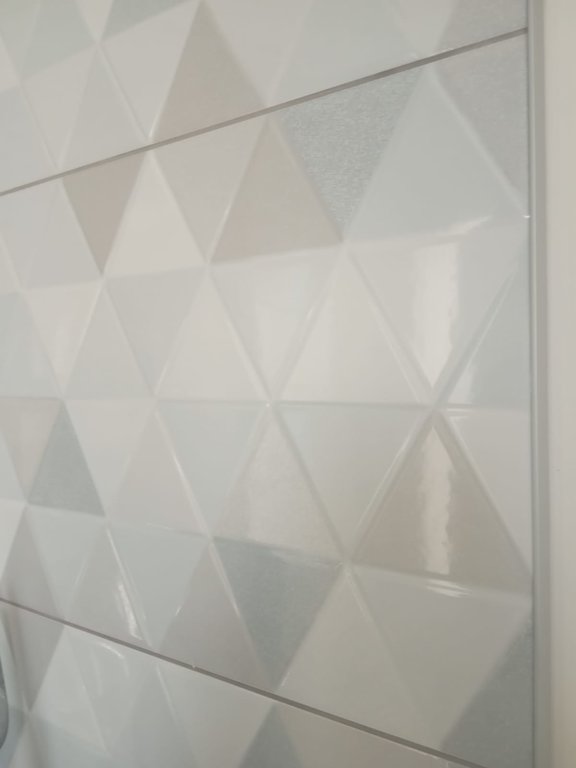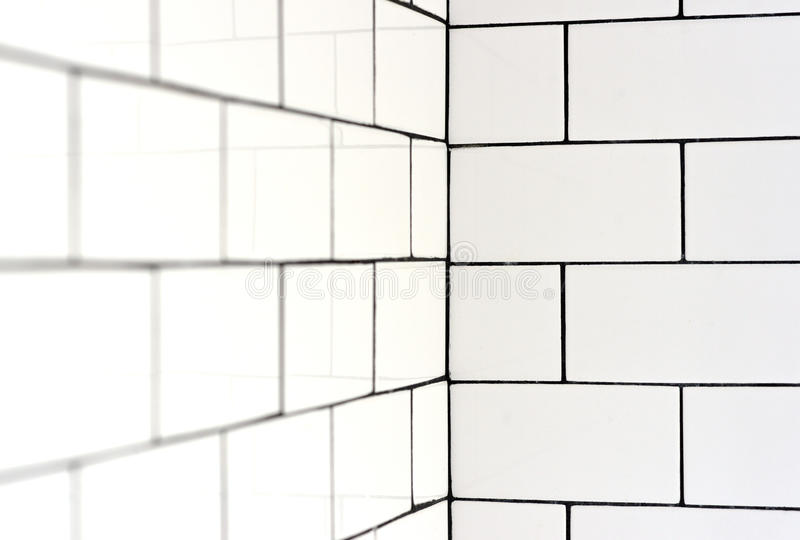Tiling solutions : tiles can make all the difference!
Obviously, some areas require full tiling such as shower cubicles and splash backs and there are a wide variety of choices available to you. The choice of tiling shouldn’t be taken lightly because some tiles are more suited for certain purposes.
Natural stone tiles
Natural stone such as slate, granite, marble, limestone, and sandstone for example can create a beautiful stunning natural effect. However, there are some comebacks associated with natural stone. They can be difficult to clean are generally top of the range in terms of tiles making them one of the most expensive option.
Ceramic & porcelain tiles
Ceramic and porcelain tiles on the other hand, are easier to maintain, easy to install, reducing installation costs and still provide a beautiful bespoke look; in fact there are many non-natural stones on the market today that can perfectly imitate natural stone providing very similar results at a more cost effective price.
As for porcelain tiles, they are generally more expensive than ceramic tiles but they are more resistant over the years and ideal for high traffic areas as well being more moisture resistant, and durable therefore providing more longevity, making them an ideal choice for floors. However, they are also very adapted to walls and easy to clean.


Metro tiles
Metro tiles, also known as subway tiles (which are usually ceramic) are popular at the moment. They come in all shapes and sizes and colours and give a popular retro feel which is very in vogue at the moment. Many people choose a darker grout to make the tiles pop, i.e. stand out more. Given that they are ceramic, they are easier to install than natural stone and cost effective. They are also easier to clean and maintain as opposed to the other tiling options mentioned above.
Mosaic tiles
Popular trends currently are glass tiles and mosaics. They are versatile and can add a personalised touch to your bathroom. From a Mediterranean to a more luxurious feel, they can allow you to get really creative! However, they can be time-consuming to install and difficult to clean so are best suited to small areas.
However if these inconveniences don’t bother you, they can be great for creating a feature wall or splashback in any bathroom or kitchen.
Also, glass mosaics particularly are more resistant to stains, mold and mildew making them easier to clean than other mosaic materials such as granite or slate.

Add colour with grouting
Over the years, there has been an increase in choice of colours of grout to accompany all different types and styles of tiles. The range of shades and colours available nowadays is vast. Many choose a shade other than white to either make the tiles stand out or because white can discolour the quickest over the years, although there are good grouts today that can withstand discoloration. Alternatively, there are grout protectors which can also be used.
Can I regrout tiles?
A common question I get is, “Can you regrout tiles”? My answer in most cases, it that this is not adviseable if you want a really professional finish. This is because it involves a lenghty process of digging out the grout while also trying to avoid damaging and chipping tiles. There are however some quick fixes such as grout pens which is a DIY solution to temporarily mask dirty grout. If the affected area is small, then regrouting could be a reasonable cost- effective solution. However, if the area is large, in most cases, it’s a better idea to retile that area.
Micro cement
An alternative to tiles, for a modern industrial contemporary look is micro cement. It can be used for walls and floors in all areas of a bathroom as it is a waterproof sealed cement which gives the illusion of solid concrete walls and floors. The process involves applying a dye to achieve the shades and colour you desire. Micro cement for large and small areas is a nice high performance modern solution that is reasonably low maintenance and is becoming increasingly popular.
